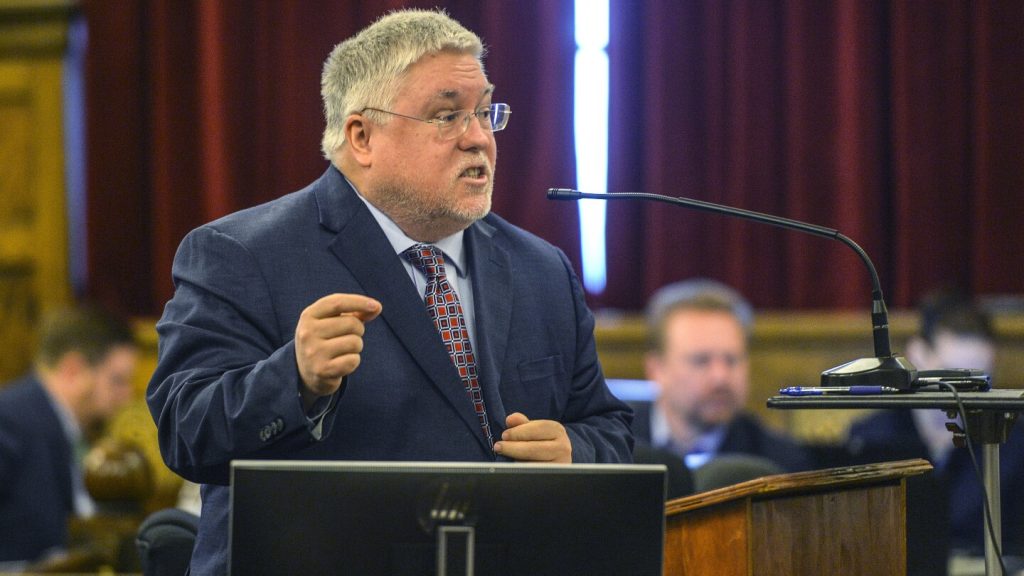West Virginia is seeking a review from the U.S. Supreme Court on rulings that found the state’s refusal to cover certain health care for transgender people with government-sponsored insurance as discriminatory. The Richmond-based 4th U.S. Circuit Court of Appeals ruled 8-6 in April on the case involving coverage of gender-affirming surgery by West Virginia Medicaid, stating that the coverage exclusions discriminate based on sex and gender identity. The state argued that officials in states with limited resources should have the discretion to use those resources to meet the needs of the population.
Republican Attorney General Patrick Morrisey of West Virginia mentioned in a live-streamed briefing that the state cannot afford to cover every treatment due to limited resources. He emphasized that the state focuses on covering people with conditions like heart disease and diabetes, mentioning the limited long-term research on gender-affirming surgery. Despite the cost argument, the 4th Circuit opinion states that governmental budgets cannot justify discriminatory policies. Morrisey did not have specific data on the number of West Virginia Medicaid recipients pursuing gender-affirming surgery or the actual cost to the state during the briefing.
LGBTQ+ advocacy organization Fairness West Virginia criticized Morrisey’s decision to appeal to the U.S. Supreme Court, stating that the state has a moral obligation to care for its marginalized citizens. They argued that other states with policies granting coverage for gender-affirming surgery have not seen significant cost increases. Fairness West Virginia attributed any struggles in West Virginia Medicaid to the underfunding by the Republican-controlled Legislature rather than transgender individuals seeking care. The case involved coverage of gender-affirming care by both West Virginia Medicaid and North Carolina’s state employee health plan.
Both West Virginia and North Carolina are appealing separate lower court rulings that found the denial of gender-affirming care to be discriminatory and unconstitutional. The 4th Circuit decision in April was the first U.S. Court of Appeals ruling on government-sponsored coverage exclusions of gender-affirming medical care. While North Carolina also seeks Supreme Court review, similar cases are under consideration in courts across the country. In August 2022, a federal judge ruled that West Virginia’s Medicaid program must provide coverage for gender-affirming care for transgender residents.
An original lawsuit filed in 2020 included state employee health plans, and a settlement with The Health Plan of West Virginia Inc. in 2022 led to the removal of the exclusion on gender-affirming care in the company’s public employees insurance agency plans. West Virginia has covered hormone therapy and other pharmaceutical treatments for transgender people since 2017, but the policy bars coverage for “transsexual surgery.” Despite arguments about limited resources and budgets, the case highlights the ongoing debate about the right to access gender-affirming care and the responsibility of states to provide equal healthcare coverage for all citizens.


